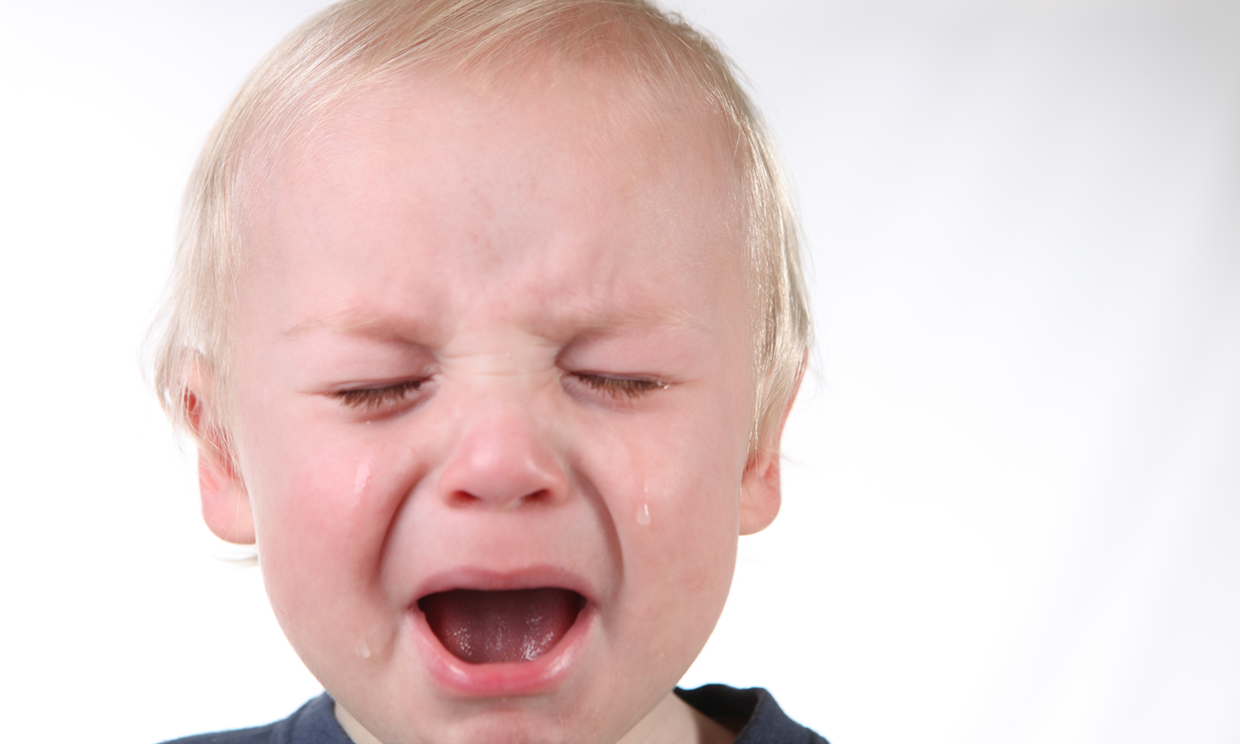Dealing with challenging behaviours is one of the biggest tasks early childhood educators and parents face today, according to Goodstart Early Learning’s national manager professional practice Greg Antcliff.
Mr Antcliff said early childhood educators were facing increasing complexity experienced by families coming in to the centres with young children expressing challenging behaviours, such as tantrums and emotional and violent outbursts.
But he said supporting educators to understand the social and emotional world of the child and responding to their underlying needs, was the way forward.
“If we want anyone to behave in a different way, we have to give them a new behaviour model,” Mr Antcliff said.
“And we need to create empathy – to help the educators see that when a child behaves in a particular way, they’re actually not having a good time, they’re distressed and they’re out of control.
“If an adult meets that state with a disciplinary approach, anger or feels out of control themselves, the emotions just escalate and the child doesn’t learn our to regulate their own behaviour.”
Mr Antcliff said educators at Goodstart Early Learning were supported by early learning consultants and the social inclusion team to coach and support staff in the approach of being more socially and emotionally available.
Tips for parents and carers managing challenging behaviours:
Mr Antcliff said early childhood educators were facing increasing complexity experienced by families coming in to the centres with young children expressing challenging behaviours, such as tantrums and emotional and violent outbursts.
But he said supporting educators to understand the social and emotional world of the child and responding to their underlying needs, was the way forward.
“If we want anyone to behave in a different way, we have to give them a new behaviour model,” Mr Antcliff said.
“And we need to create empathy – to help the educators see that when a child behaves in a particular way, they’re actually not having a good time, they’re distressed and they’re out of control.
“If an adult meets that state with a disciplinary approach, anger or feels out of control themselves, the emotions just escalate and the child doesn’t learn our to regulate their own behaviour.”
Mr Antcliff said educators at Goodstart Early Learning were supported by early learning consultants and the social inclusion team to coach and support staff in the approach of being more socially and emotionally available.
Tips for parents and carers managing challenging behaviours:
- Ensure that the child is safe from harm.
- If you are frustrated, take some time to calm down.
- If your child is still upset, encourage them to take some controlled deep breaths. This will help children to calm down and regulate their emotions.
- Once they are calm, talk to them about their emotions and what they experienced. Talk to them about what they should do if they feel that way again.
- Naming a child’s emotions, such as anger, sadness, happiness helps children register the emotion.
- Give children the behaviour model to express the emotion. For example if a child is angry, say “I can see you are angry and when you’re angry you can let me know.”
- Always look for the message behind the behaviour.
- Show empathy and understanding. Parents and carers can help children manage their emotions by being stable, calm and understanding.


